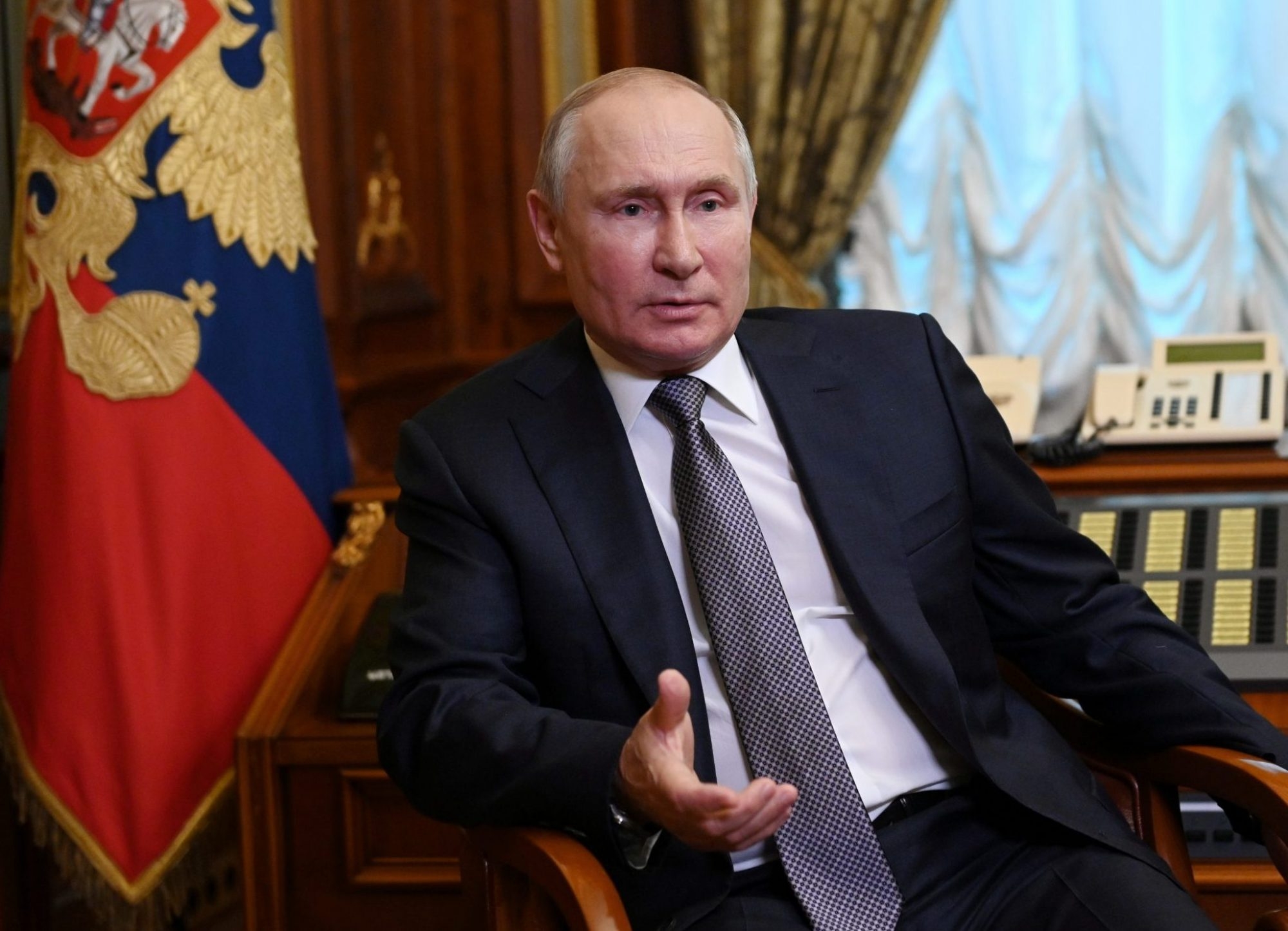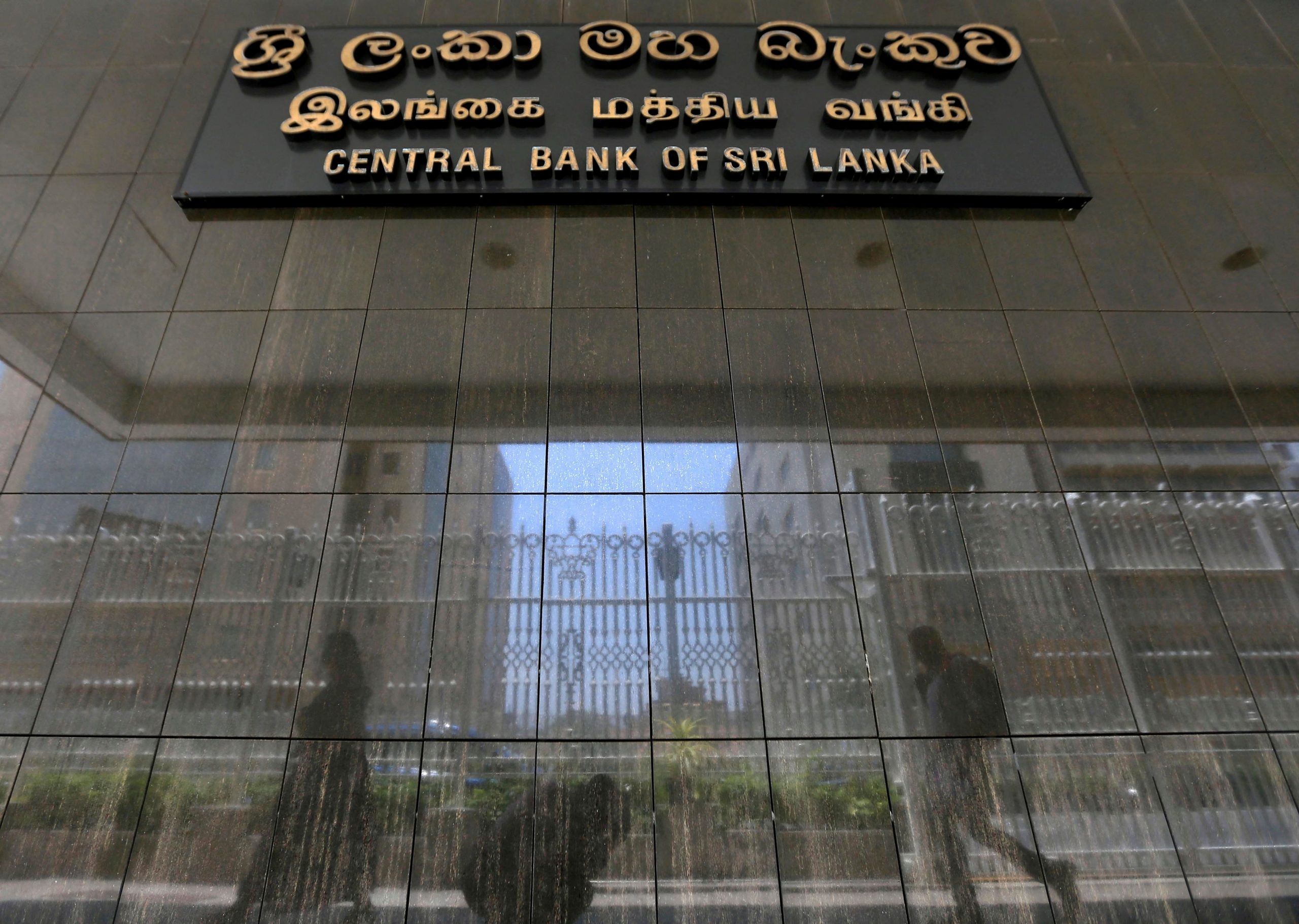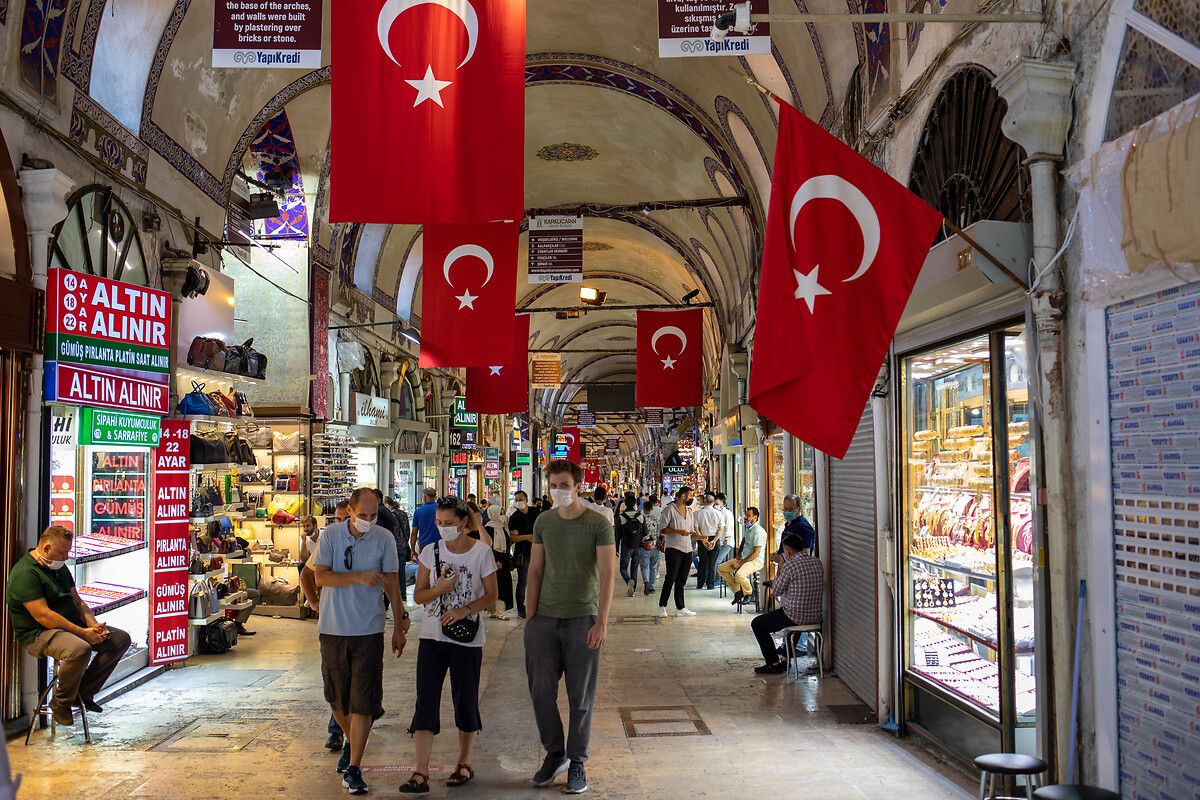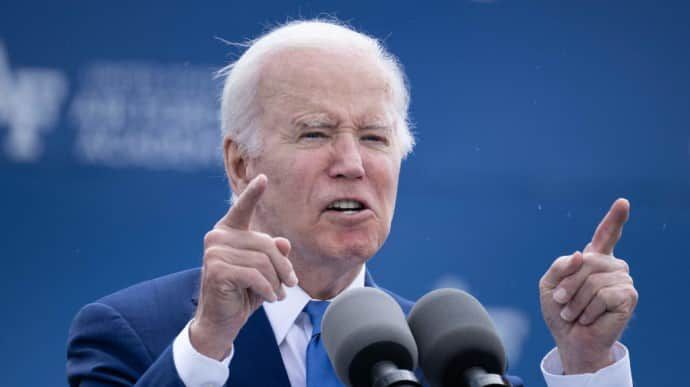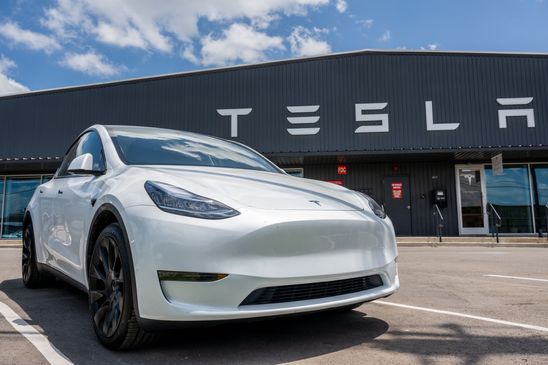As the war drums continue to echo across Eastern Europe, it is the juxtaposition of the battlefield momentum versus the economic stability that is causing a ripple in global geopolitics. Amid a shifting balance of power, Ukraine seems to be gaining ground against the Russian invaders on the military front. However, in stark contrast, Russia appears surprisingly resilient to the barrage of economic sanctions led by the United States, a dichotomy that underlines the durability of the Russian war machinery and President Vladimir Putin’s ability to withstand sustained pressure.
The U.S. and its allies had imposed punitive measures on Russia following its invasion of Ukraine in February 2022, banking on sanctions as a potent tool to quell Russia’s military endeavors. These measures were comprehensive and far-reaching, with the financial sector and technology imports taking a significant hit. Energy boycotts were further imposed, aiming to suffocate Russia’s most significant revenue source.
However, the resolute Russian bear has so far proved unflinching. Renowned geopolitical risk analyst Ian Bremmer at the Milken Institute’s annual conference pointed out, “Russia is not under the kind of pressure that the U.S. economically thought it would be a year ago. They’re under military pressure, beyond where the U.S. thought. But not economic pressure.”
While Ukraine’s economy suffered a staggering 29% plunge in 2022 due to the invasion, Russia witnessed a relatively minor dip of just 2%. This cushioning is primarily attributed to the buoyant oil and natural gas sales, notably to nations not adhering to the sanctions, thus mitigating the impact of Western punitive measures.

As Robin Brooks, the chief economist at the Institute for International Finance, recently pointed out on Twitter, “Our financial sanctions did not prevent Putin from receiving full payment for his energy exports.”
However, one must tread carefully. If Ukraine’s supporters opt to further squeeze Russia’s oil revenue, the possible fallout could be felt worldwide. Ousting Russian oil from the market would inevitably spark a surge in energy prices, which might undermine public approval of sanctions and provoke a backlash. Consequently, the current strategy involves a voluntary price cap on Russian oil purchases by various countries at $60 per barrel. Nevertheless, the lack of participation in the price-cap agreement by countries like China and India enables Russia to sustain its oil exports, which reached a peak post-invasion in April 2023.
Intriguingly, the U.S. and Europe are deliberately avoiding personal sanctions against President Putin. The intent is not to give the impression of instigating a regime change, which could potentially incite more assertive actions from Putin. Mikhail Khodorkovsky, a former Russian tycoon and founder of the Russian Anti-War Committee, has criticized the current sanction strategy as insufficient, akin to trying to empty a water basin with a teaspoon when a larger utensil is necessary.
Russia’s ability to evade these sanctions has potentially been underestimated. Since the first sanctions were imposed following Russia’s annexation of Crimea in 2014, Russia has established a comprehensive evasion system, even as Western actions have hindered Russia’s military redevelopment, as stated in a report from the Center for Strategic and International Studies (CSIS).
Furthermore, Russia has escalated its importation of dual-use products that could have both commercial and military uses, including vital semiconductors for weapons systems. Countries like Iran are crucial in this, serving as a passageway for Western military equipment via the Caspian Sea to Russian ports. Although China does not directly supply weapons, it does provide dual-use technology. Areas such as Turkey, the Balkan Peninsula, and Central Asian states offer viable smuggling routes.
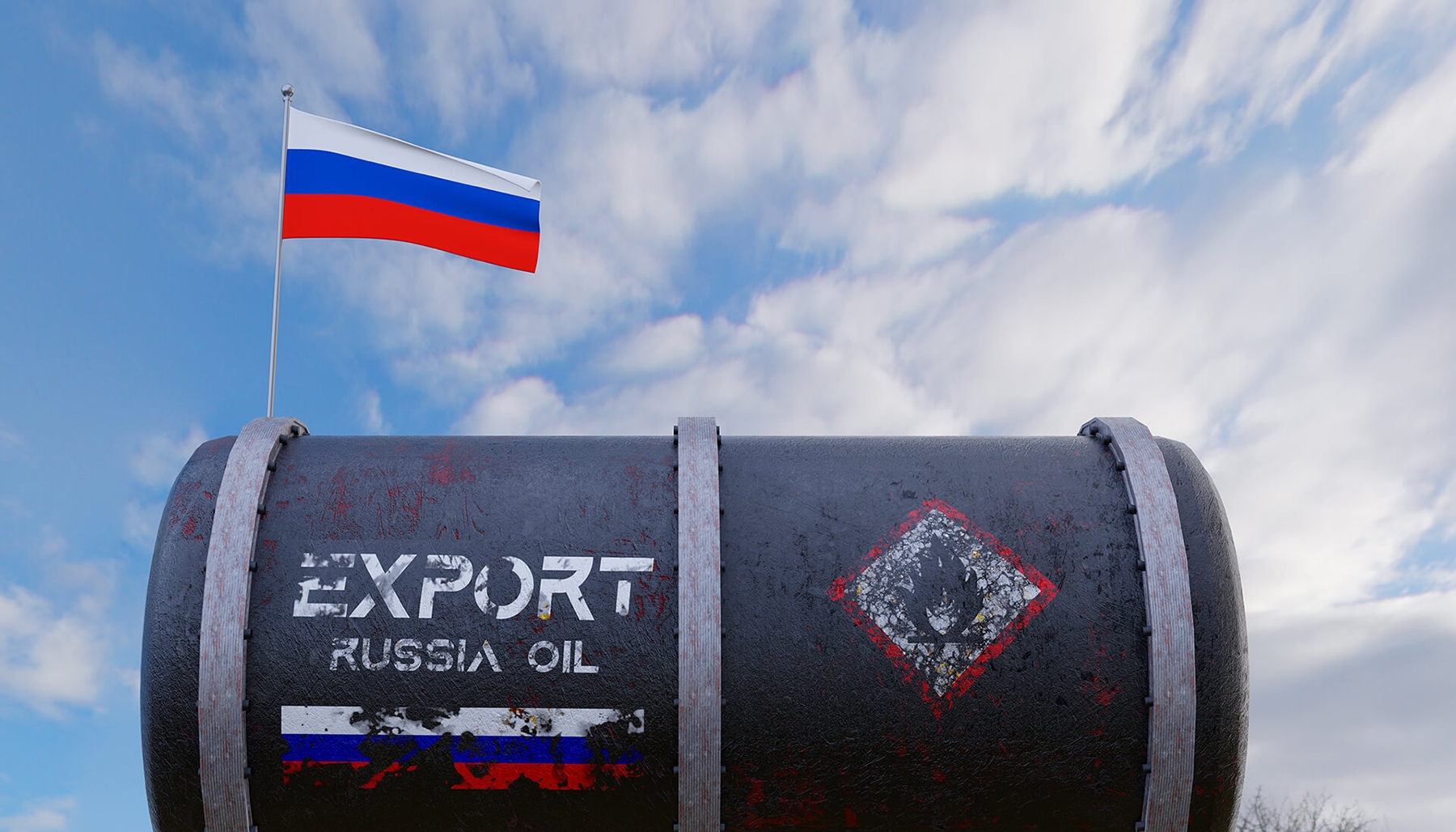
However, Russia’s ability to withstand the pressure does not necessarily mean it will triumph in Ukraine. In fact, Ukraine’s military has shown remarkable capability, which could potentially pave the way for a counterattack. The challenge is significant: dislodging hundreds of thousands of enemy troops from a territory equivalent in size to Pennsylvania would require a level of technical supremacy that Ukraine presently lacks.
Nevertheless, allies are supplying Ukraine with sophisticated equipment like tanks and air-defense systems. More high-tech weaponry, such as fighter jets and longer-range missiles, may soon follow. “A protracted war favors Russia,” warned Marie Yovanovitch, former U.S. ambassador to Ukraine, advocating for comprehensive military aid to Ukraine—a sentiment underscored by Russia’s demonstrated ability to withstand sanctions.
In summary, Russia’s resilience in the face of sanctions does not signal victory but rather highlights the tenacity of Putin’s regime. It also accentuates the significance of supporting Ukraine’s military efforts, which may be the most effective—and perhaps the only feasible—response to a stubborn adversary.
©traders-news.online






